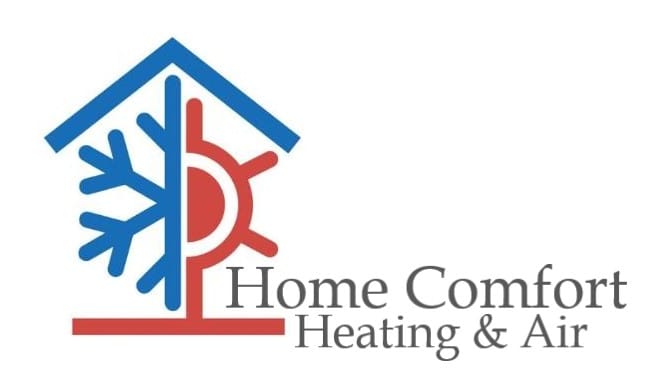
Have you ever performed a double take when you checked your last energy bill? While high energy bills can be the end result of extreme weather events, repeatedly high bills can quickly suggest an inefficient HVAC system or your home is wasting energy through other means, such as drafty windows or insufficient insulation.
One of the simplest ways to determine whether your home is using too much energy is by getting a home service professional to complete a home energy audit, also referred to as a home energy assessment. Keep reading to learn all about home energy audits, including what they are and their key elements.
What Is a Home Energy Audit?
An energy audit is a comprehensive inspection of how much energy your home uses up and whether – and where – your home might be losing or wasting energy. An inspector will review previous energy bills during an energy audit to figure out where energy is being wasted and how much.
The overall goal of an energy audit is to help homeowners save money on their energy bills by recommending energy-efficient renovations, which may include exchanging your current HVAC system, installing new insulation, closing up leaks, or replacing old windows.
Over the course of the energy assessment, the auditor carries out an inspection of the outside and inside of your home. The auditor will perform a blower door test on doorways, windows and fireplaces to determine if there are air leaks in your home. They’ll also evaluate your home’s HVAC system, as well as the ductwork, the water heater, and the insulation in your attic. Some assessments may also include checking your current lighting system.
Benefits of a Home Energy Audit
It can be tough for the typical homeowner to be sure how efficient their home is in comparison to other similar homes in their area. However, local energy companies often offer information about where your home is ranked when compared with similar homes and whether it’s more efficient, about average, or inefficient versus your neighbors’ homes. This can be a good starting point to determine if you need an energy audit scheduled.
Several of the benefits of a home energy audit include:
Learning How Efficient Your Home Is
It’s worthwhile to understand how efficient your home is and where you’re using up the most energy. For example, if your ducts are damaged, it will result in a sizable increase in your energy bills and additional wear and tear on your HVAC system because it has to run longer to completely heat or cool your home.
Making Energy-Efficient Updates
An energy audit will expose where you need to make energy-efficient changes to cut back on energy and decrease utility bills. This may include replacing old weatherstripping or buying a new energy-efficient furnace.
Enhancing Health and Safety
Permitting air to slip into your home through doors and windows, or because of a lack of insulation can cause excessive moisture to form, which can negatively impact your home’s humidity levels or lead to mold. This can cause health problems, especially for people dealing with asthma or allergies.
Raising Your Home’s Retail Value
Energy-efficient homes are desired by homebuyers. You can sell your home more quickly or for more money by telling prospective buyers that it’s energy efficient.
How to Do an Energy Audit of Your Home
Although performing an energy audit independently will not be as comprehensive as choosing a professional, it’ll offer a broad sense of how energy efficient your home is. If you don’t find any issues during the DIY test, then you potentially don’t need to call in a professional. Use this step-by-step checklist:
- Examine your HVAC system. Damaged ducts can lose up to 20% of conditioned air, contributing to higher energy bills and increased wear and tear on HVAC equipment. If you notice leaks, use duct tape to eliminate them. If your HVAC equipment is old and inefficient, upgrading to a new system can save you a significant amount on your energy bills. In some cases, it might be better to contact a reputable HVAC company to inspect your system.
- Watch for signs of air leaks. Air leaks on average can increase monthly energy bills by 10 to 20%. Inside, look for air leaks in areas where there is a draft, including along the edge of flooring and near baseboards and electrical outlets. Outside, you can look for air leaks around the home’s foundation, siding and mortar. Plug, caulk or seal any air leaks to save money.
- Inspect insulation. If your home is older, it could mean your insulation is too. If you can see the joists, you likely need more insulation.
- Check ventilation. Make sure that all of your kitchen and bathroom exhaust fans are working properly, and look for evidence of rot or moisture.
Contact Home Comfort Heating & Air for a Professional Energy Audit
If you would like professional help figuring out how energy efficient your heating and cooling equipment is, call the HVAC experts at Home Comfort Heating & Air today. We’ve proudly served the residents of Elk River with quality home services for years. Contact us today to set up an appointment.

